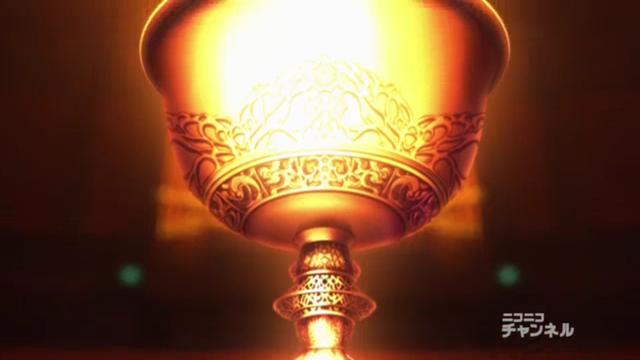Introduction
LegacySC
[Editor]
- Location
- ?
3 Summoner (Master) Slots Open
1 Hero (Servant) Slot Open
Registrations Details In Next Post
Faux/Rupere Saeculi II

Welcome back to Delta-4. An artifact known only as the "Holy Grail" exists here, and as one of the eight Chosen practitioners, you'll be participating in the Grail Competition in an attempt to obtain the Holy Grail, and the one wish it grants.
You aren't the first.
Of course, you'll have the aid of your Hero, also known to some as a Servant. They'll be one of 8 classes, and you'll have to summon them.
This has been going on for lifetimes, in worlds far beyond your own.
The battle will be contained within a city on the Greater American Continent.
What makes you think yours will be any different?
Good Luck.
I see them crawling, crawling in my skin.
I feel them clawing, clawing through my Soul.
To start this, we will require up to 7 Summoners and 7 Heroes. You can either register as a Summoner or as a Hero, and please PM me your sheet(s). You may apply for multiple positions, but you will only be admitted into one.
I hear them creeping, creeping in the Vò͜͠i̵̸d̶̵.1 Hero (Servant) Slot Open
Registrations Details In Next Post
Faux/Rupere Saeculi II

Welcome back to Delta-4. An artifact known only as the "Holy Grail" exists here, and as one of the eight Chosen practitioners, you'll be participating in the Grail Competition in an attempt to obtain the Holy Grail, and the one wish it grants.
You aren't the first.
Of course, you'll have the aid of your Hero, also known to some as a Servant. They'll be one of 8 classes, and you'll have to summon them.
This has been going on for lifetimes, in worlds far beyond your own.
The battle will be contained within a city on the Greater American Continent.
What makes you think yours will be any different?
Good Luck.
I see them crawling, crawling in my skin.
I feel them clawing, clawing through my Soul.
To start this, we will require up to 7 Summoners and 7 Heroes. You can either register as a Summoner or as a Hero, and please PM me your sheet(s). You may apply for multiple positions, but you will only be admitted into one.
They'll bite and chew, they'll eat and consume, the falseness that is this world.

Last edited:
